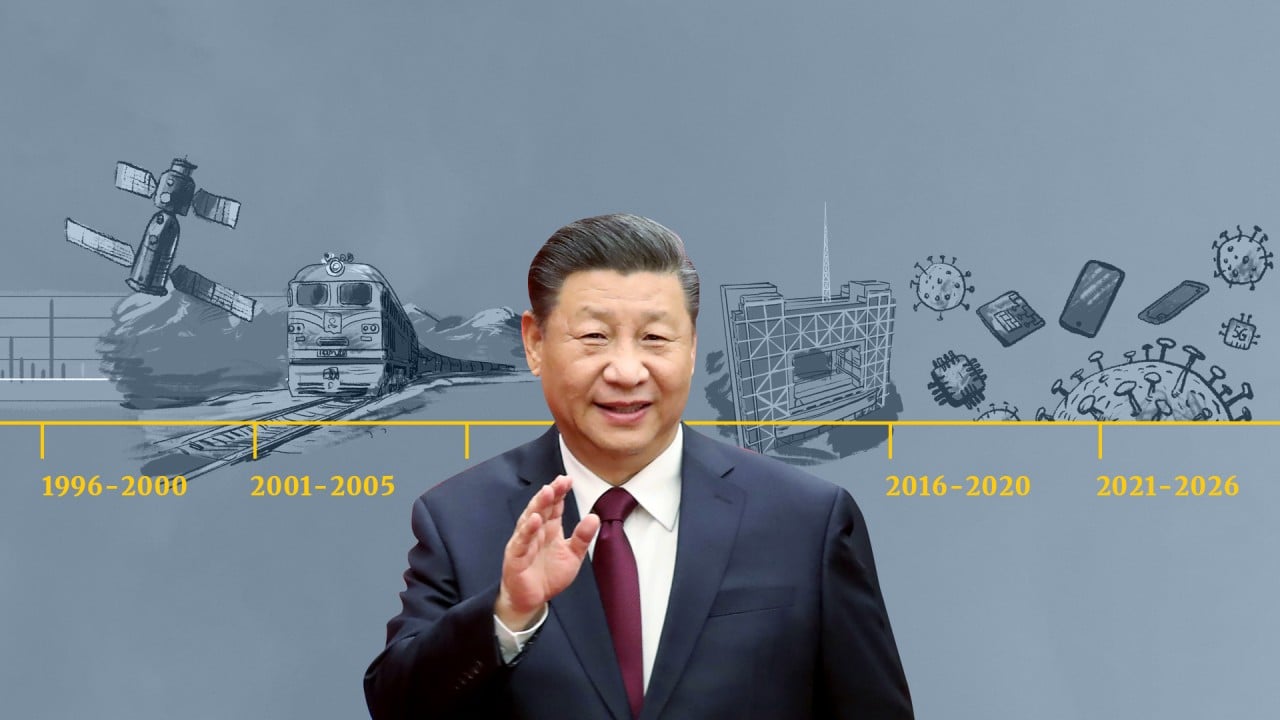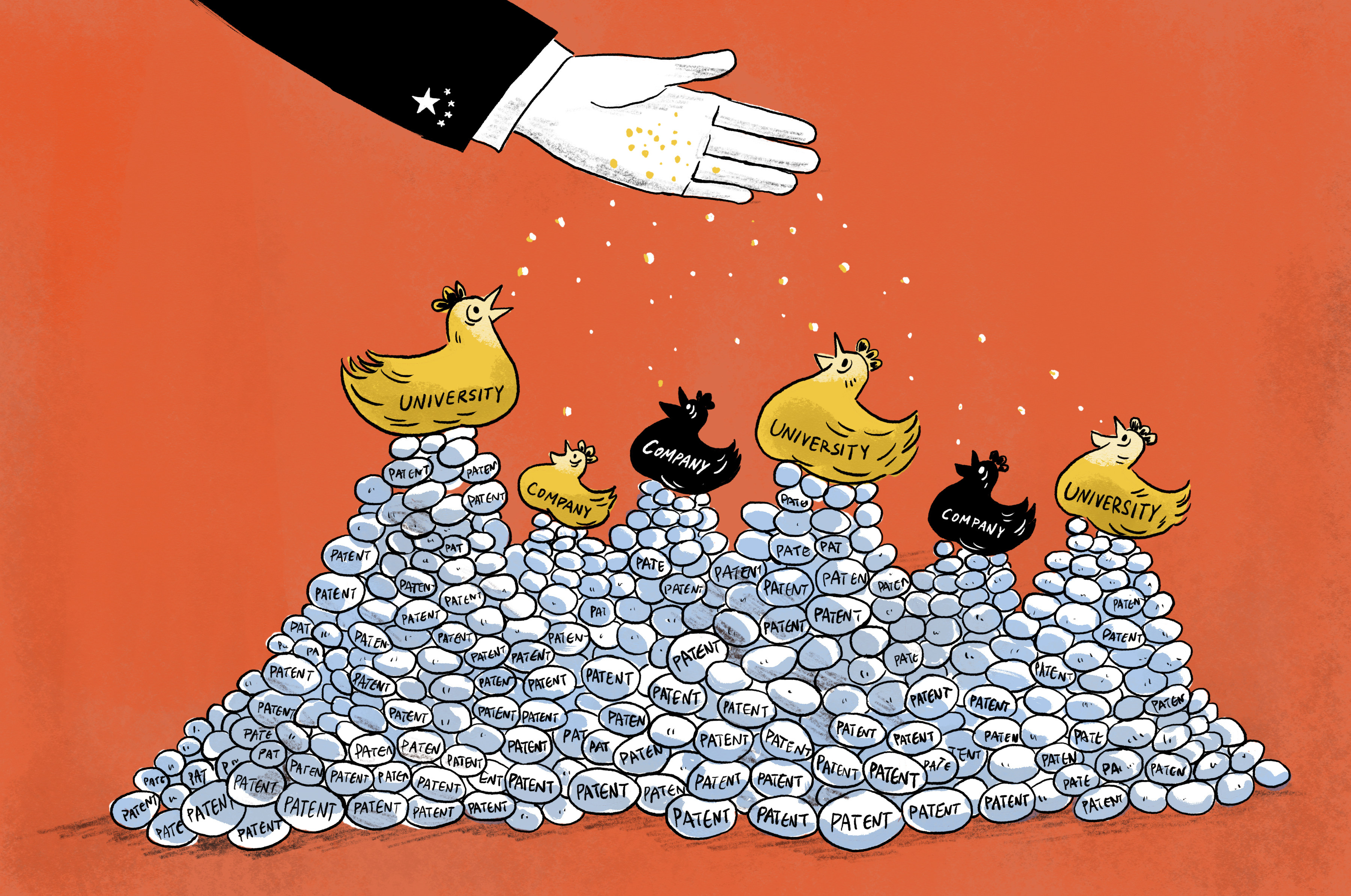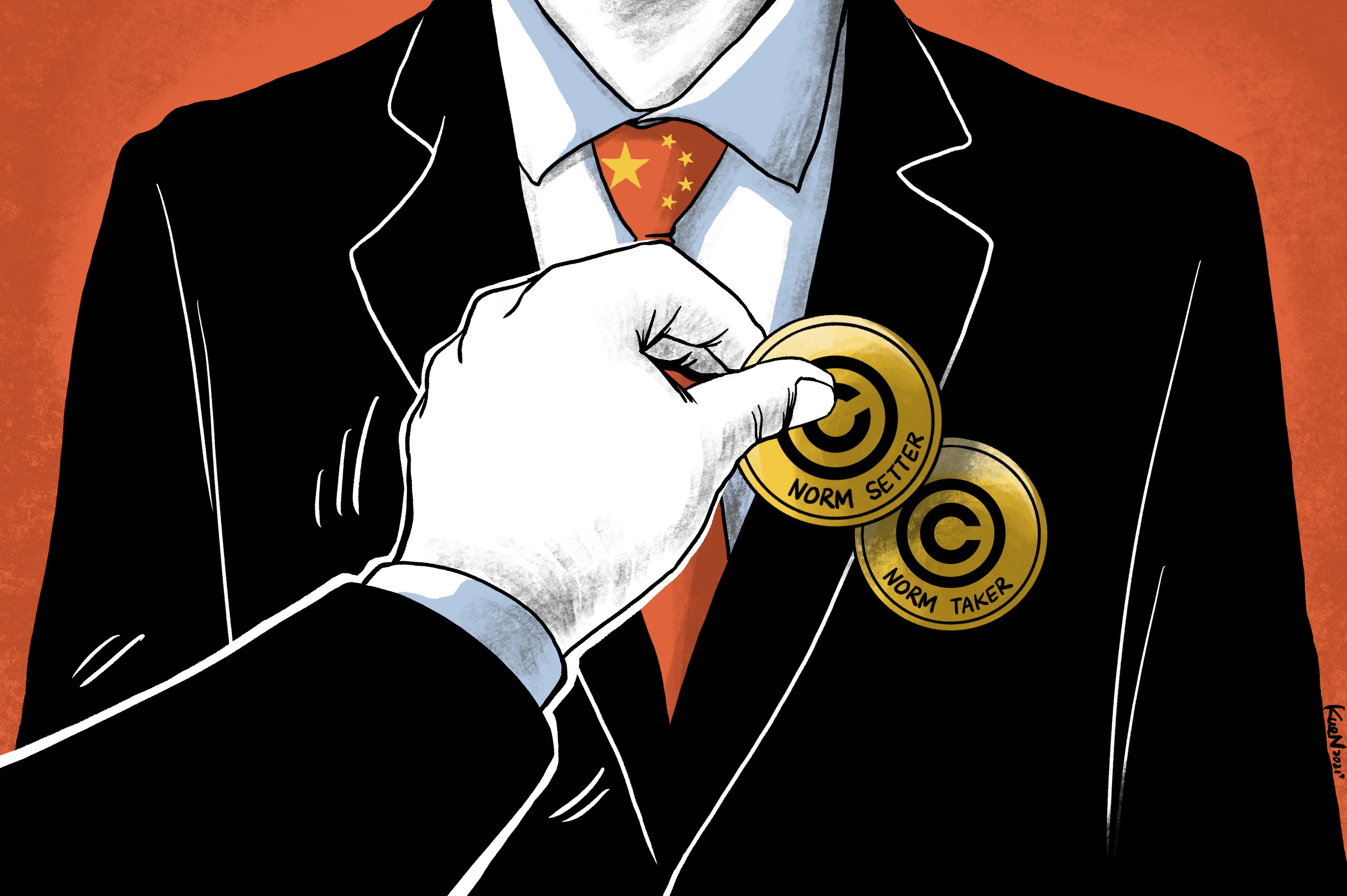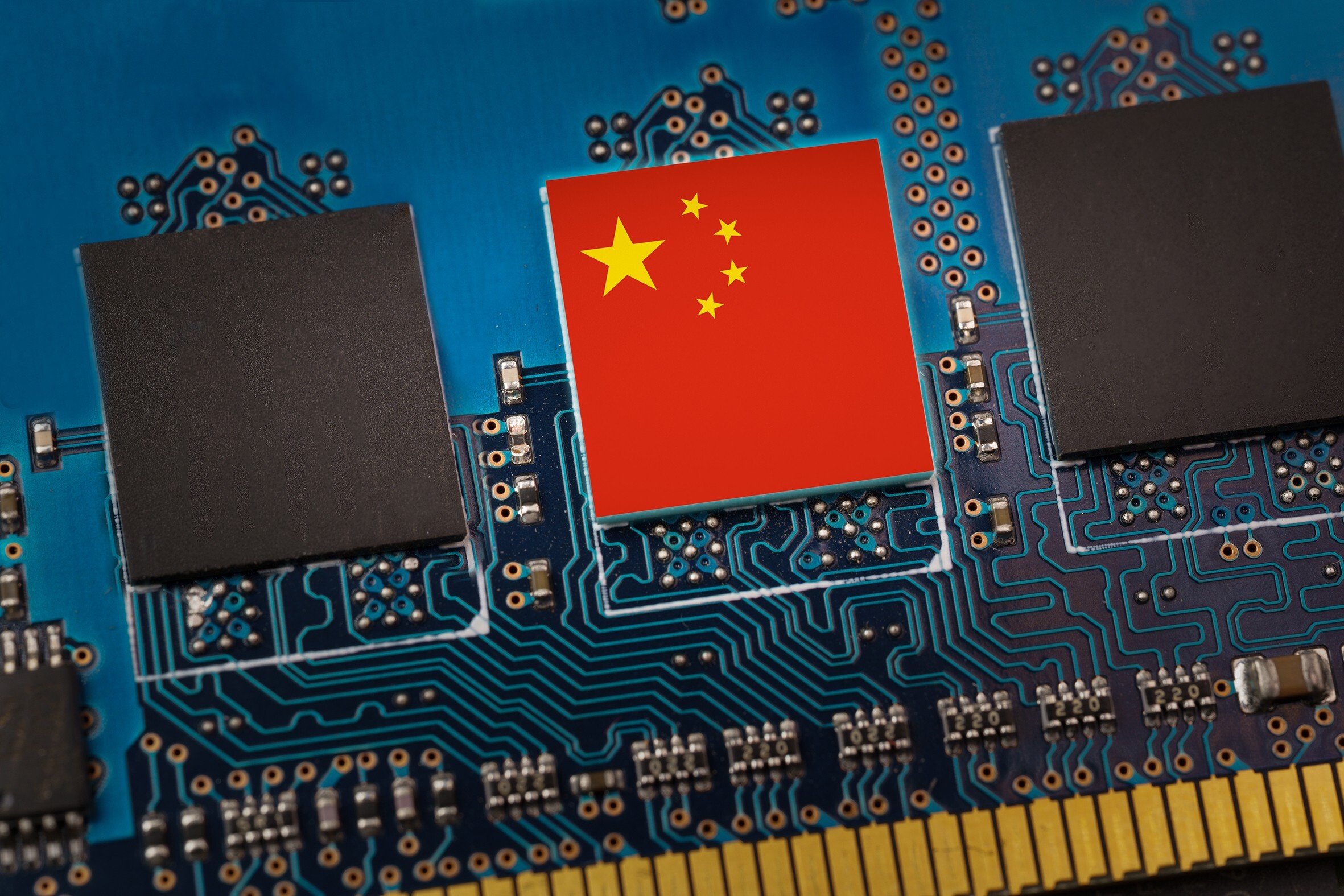Advertisement
China on a mission to turn ‘junk’ patents into treasure
- As part of its drive to achieve technological self-sufficiency, Beijing is overhauling its system of reward for patent filing
- Chinese universities file many more patents than their US counterparts but only a fraction are converted into commercial applications
Reading Time:6 minutes
Why you can trust SCMP
16
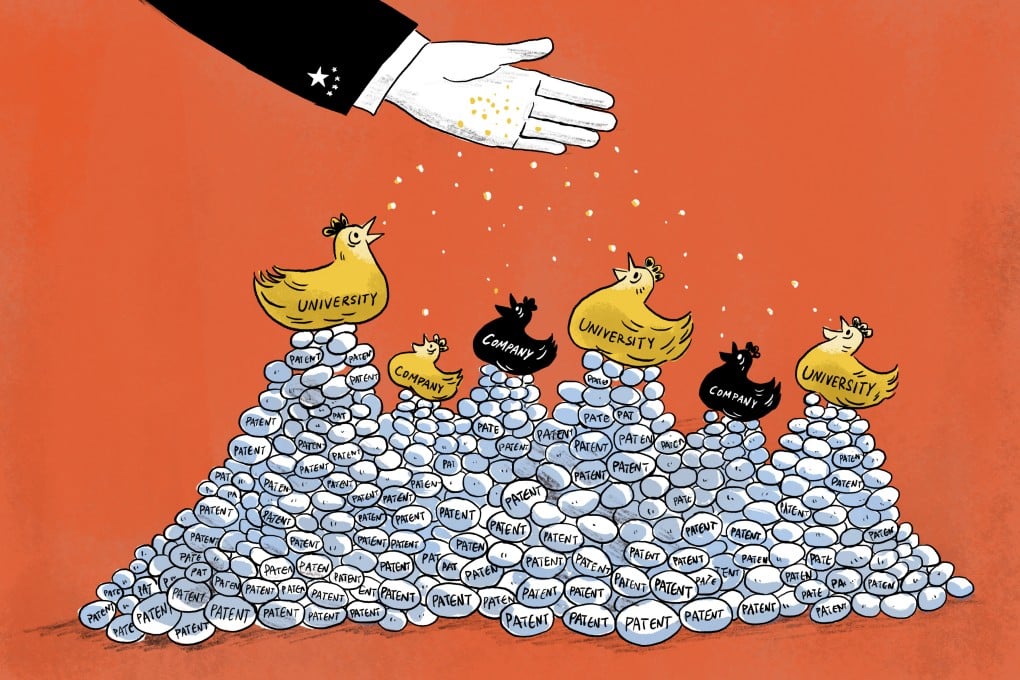
This is the first in a series of reports on Chinese intellectual property as Beijing seeks to make IP protection a central part of its new development strategy.
Chinese universities have been rising in global rankings for patent filings, according to data published by the World Intellectual Property Organization (WIPO) in March. Last year, they made up nine of the top 20 educational institutes on the WIPO’s list, compared with only three in 2017, extending China’s lead over the US in patent filings.
Shenzhen University, a relatively young educational institution at 38 years old, filed the third-highest number of international patents in the world last year, beaten only by the University of California and the Massachusetts Institute of Technology (MIT). Its 252 patent filings were more than Johns Hopkins and Harvard combined, the WIPO data showed.
Schools and enterprises in China have been filing more international patents as part of the nation’s ambitions to achieve innovation and technological self-reliance in the face of increased hostility and decoupling pressures from major Western countries.
Beijing is slated to release a new road map charting how China can become a “strong power” in intellectual property (IP) later this year, following the national legislature’s approval of the 2021-25 five-year development plan that places self-reliance in critical technological innovation front and centre.
China has been the top source of international patents since 2019, but has struggled to convert its research and development spending into valuable and successful innovations, with experts warning that government-backed subsidies could flood the system with cheap patents.
Advertisement
Select Voice
Choose your listening speed
Get through articles 2-3x faster
1.1x
220 WPM
Slow
Normal
Fast
1.1x
